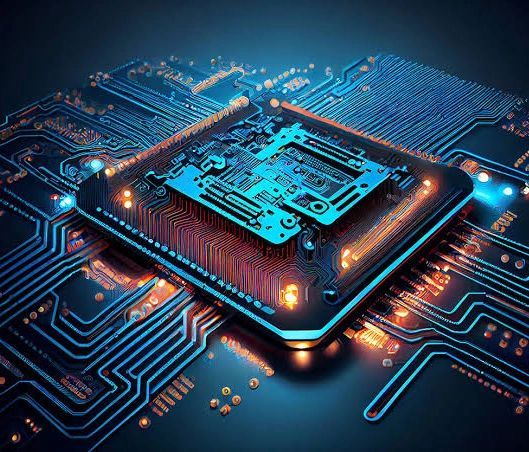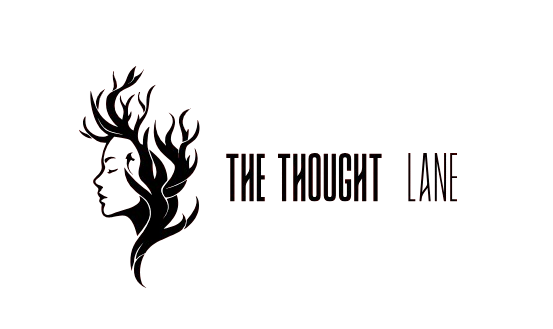Quantum computing innovations in 2025 will revolutionize technology and industries across the globe. With the quantum age picking up speed, major breakthroughs in quantum chips, error correction, and logical qubits are fueling this transformation. This article discusses the most thrilling innovations in quantum computing in 2025, focusing on how they will deliver unparalleled computational capabilities and tangible applications.
What Are Quantum Computing Breakthroughs?
Quantum computing advances mean significant improvements in the creation of quantum computers, such as hardware, software, and error correction methods. These advances make quantum machines solve complicated issues quicker than standard computers, affecting cryptography, drug discovery, climate modeling, and materials science.
The Emergence of Logical Qubits: A Quantum Computing Breakthrough
One of the major quantum computing advances in 2025 is the move from physical qubits to logical qubits. Physical qubits are error-prone and vulnerable to environmental noise. Logical qubits, created through the encoding of data across groups of physical qubits, are more error-tolerant and resilient. This is a turning point, where quantum computers are able to solve larger and more complicated problems accurately.
Logical qubits will drive quantum chemistry breakthroughs, allowing for accurate chemical reaction simulations and the advancements of renewable energy, battery technology, and medicines.
Microsoft’s Majorana 1 Chip: A Quantum Computing Breakthrough
Microsoft unveiled the Majorana 1 chip in 2025, a quantum chip built on a new topological core design. Unlike conventional qubits, this chip employs Majorana particles to stabilize qubits and minimize errors intrinsically. This fault tolerance at the hardware level lessens the necessity of error correction complexity, likely to transform the scalability and reliability of quantum systems.
IBM’s 156-Qubit Chip: Quantum Computing Acceleration and Power
IBM’s latest quantum chip features 156 qubits and can perform computations 50 times faster than its previous generation. This advancement exemplifies the rapid hardware improvements in quantum computing breakthroughs, bringing us closer to practical quantum advantage in solving real-world problems.
Hybrid Quantum-AI Systems: Enhancing Quantum Computing Breakthroughs
In 2025, artificial intelligence coming together with quantum computing is speeding up. Hybrid quantum-AI systems will have a great impact on optimization, drug discovery, and climate modeling. AI-guided quantum error mitigation enhances reliability and scalability, which makes breakthroughs in quantum computing more possible and viable.
Quantum Error Correction Advances: The Backbone of Quantum Computing Breakthroughs
Quantum error correction is essential to develop fault-tolerant quantum computers. Scalable error-correcting codes in 2025 are cutting overhead and enhancing the logical qubits’ performance. They are essential quantum computing advances that make stable large-scale quantum processors possible.
Diamond-Based Quantum Systems: Emerging Quantum Computing Breakthroughs
Quantum technologies based on diamonds are coming into the spotlight as good candidates for use in edge computing and data centers. The stability and coherence times provided by these systems are good prospects and contribute to the variety of quantum computing advancements in 2025.
Quantum Computing Breakthroughs in Real-World Applications
Apart from hardware, quantum computing advancements in 2025 are moving into real-world applications. Sectors like finance, logistics, and manufacturing are investigating quantum algorithms for simulation and optimization. The increasing number of logical qubits and enhanced hardware are supporting these real-world applications.

Quantum Cloud Platforms: Democratizing Quantum Computing in 2025
One of the most exciting quantum computing breakthroughs in 2025 is the rapid evolution of quantum cloud platforms. Giants like Amazon Braket, Google Quantum AI, and IBM Quantum are offering remote access to powerful quantum processors, making it easier than ever for researchers, startups, and enterprises to experiment with quantum algorithms.
These platforms are breaking barriers of entry, allowing even small research teams or universities to access cutting-edge quantum technology without needing in-house quantum labs. The result? A global explosion of innovation as quantum computing becomes a shared resource, much like traditional cloud computing did in the early 2010s.
In 2025, several quantum startups are already leveraging these cloud services to develop breakthroughs in fields like:
- Climate forecasting, using quantum simulations to model carbon capture systems.
- Financial portfolio optimization, where quantum algorithms test millions of possible outcomes in seconds.
- Supply chain resilience, enabling real-time simulations of disruptions and alternatives. https://www.forbes.com/sites/chuckbrooks/2025/02/22/quantum-computing-has-arrived-we-need-to-prepare-for-its-impact/
The Rise of Quantum App Stores
In a surprising twist, 2025 has also seen the emergence of quantum app marketplaces—repositories where developers publish quantum solutions and modular algorithms, much like the App Store or Google Play. These platforms are designed for integration with quantum cloud providers, allowing businesses to:
- Buy pre-built quantum optimization packages.
- Customize industry-specific quantum workflows.
- Quickly implement quantum-enhanced machine learning modules.
This shift is turning quantum programming from an elite, specialist task into something far more user-friendly and scalable. It’s a democratization of not just access, but also usability—ushering in an age where companies don’t need quantum physicists to harness quantum power.
The Quantum Talent Surge
Quantum computing breakthroughs in 2025 have also sparked a global talent surge. Universities have rapidly expanded quantum engineering programs, while major companies are funding open quantum curricula and hackathons. Educational platforms now offer micro-degrees in quantum programming, helping engineers reskill for this new era.
With job roles like Quantum Software Developer, Quantum Algorithm Designer, and Quantum-AI Integrator in high demand, the field is becoming a mainstream career path. The quantum revolution isn’t just technological—it’s shaping the future of work, education, and innovation culture itself

Conclusion
Quantum computing advancements in 2025 are not only conceptual benchmarks but real-world achievements that will redefine technology and business. From Microsoft’s Majorana 1 chip to the emergence of logical qubits and hybrid quantum-AI systems, these advancements offer speedier, more robust, and scalable quantum computers. As this innovation continues, quantum computing is poised to unleash transformative solutions in science, energy, healthcare, and more.



